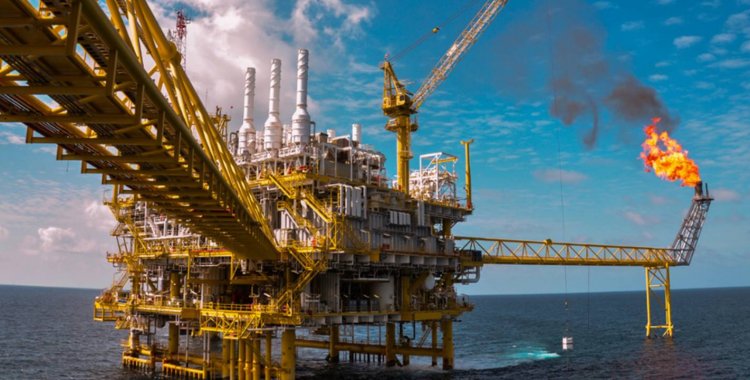"There's going to be a huge collapse in the world of demand and it's clear that those who sell oil and gas at lower and more competitive prices will be the winners. And these will traditionally be the Persian Gulf countries, with very low production costs, and Russia," António Costa e Silva told Lusa in an interview.
As an example, the manager pointed to Saudi Arabia where the cost of oil "is around 3.3 dollars per barrel".
Therefore, Saudi Arabia always has, with the United Arab Emirates and Kuweit, "competitive advantages", he said, and Russia too, because although it has higher production costs, it has certain advantages, one of them is the fact that "the rouble (Russian currency) is not indexed to the dollar, unlike the currencies of all the countries of the Arabian Peninsula".
"There are advantages and disadvantages in this global scenario, but clearly the major world producers in the Persian Gulf and Russia will win," he said.
On the contrary, "many of the other countries that have higher production costs, such as Algeria, or have very difficult problems of political fragmentation, such as Libya, Iraq, Venezuela - which is in an extremely critical situation - and countries such as Nigeria and Angola, which have much of their production 'off-shore' [at sea], and where there has been no investment in recent years, there have been no new fields to restore production and the costs are high, they will have many more difficulties to continue to assert themselves on the world market," he said.
Angola, which recently joined OPEC [Organization of Petroleum Exporting Countries], "has not even managed to produce at the level of the established quota, that is, its production, already much sacrificed today, will be more with the lack of investment," he noted.
Also in Africa, the case of Nigeria, where crude "was no longer very attractive on the international markets, is unable to export to the United States. And in recent days, "there are indications that about 20 ships that were scheduled to take Nigerian crude did not even have a chance to put it on the market.
For Costa e Silva, this is another problem for the industry and for the market, "it is not only the onshore storage [of oil] that is at the limit of saturation, it is also maritime storage. They are supertankers, which have millions and millions of barrels of oil and can't put it on the market".
As for Brazil, he considered it a "very complex" case.
"Brazil is an oil and gas producer, but it has very big problems and constraints. And we cannot forget that much of the production is 'offshore' [at sea] which is always more expensive than 'on-shore'".
Costa e Silva predicts that the fall in demand will be "anticipated" and then there will be "an extremely slow recovery". So, "we are going to have 2020, 2021 and probably 2022 relatively low prices" of oil, he said.
This is because world consumption depends a lot on mobility and what "this new coronavirus has brought is a total restriction of mobility".
Moreover, unlike in the past, when crises were more or less localized, there were other areas of the developing world, such as Asia, and within this continent China, that could pull the world economy.
Now, "let's see what China's behavior will be like", the world's largest oil importer, with 10 million before the crisis. For now, it has started to reactivate oil imports, because "the Chinese have a clear strategic thinking and want to buy cheap oil, as they did in the previous crisis of 2014, to fill their strategic reserves. This could be an important factor in trying to stabilize the market in the future," Costa e Silva said.
Furthermore, what could help "was that the OPEC agreement would work," he said.
For Costa e Silva, "the agreement is short, although it is the biggest agreement in history, of the so-called OPEC +, with Russia and other countries".
However, "a cut of 9.7 million barrels per day, with the saturated storage capacity in the world, is not enough to correct this problem," assured Costa e Silva, considering that "the cut of 20 million barrels per day, spoken at the G20 summit (...) would be ideal.
The Organization of Petroleum Exporting Countries (OPEC) and other producers reached an agreement on 12 April to cut production by 9.7 million barrels per day.
On a global level, according to an assessment by the AFP news agency, the covid-19 pandemic has already caused more than 204,000 deaths and infected more than 2.9 million people in 193 countries and territories.
Nearly 800,000 patients have been considered cured.







